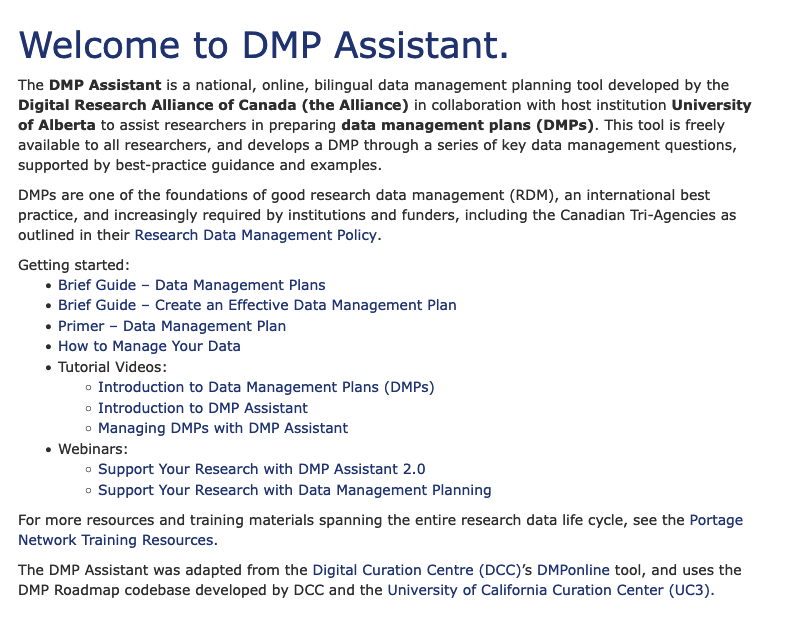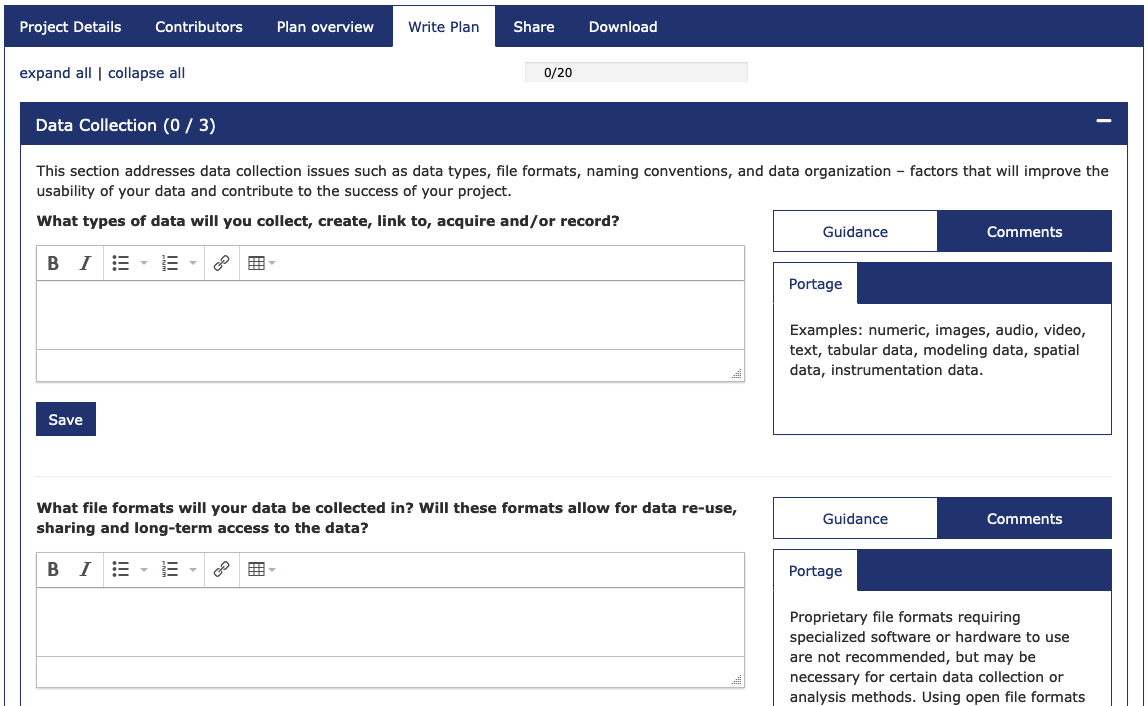Managing Publications & Research Data
Mike Nason | Open Scholarship and Publishing Librarian, UNB Libraries (For ORS, Summer 2022)
Expressing a career's-worth of expertise in ~15 minutes so you have some sense as to how I, Mike Nason, might be able to help you responsibly share your research...
Mike Nason | Open Scholarship and Publishing Librarian, UNB Libraries (For ORS, Summer 2022)
Publishing used to be relatively straightforward.
Where to publish?
- Is this a good journal?
- Does it have a good reputation in my field?
- Will my community of practice read it?
- Will it be well-cited?
- Am I in good company?
- Is this a publisher of good repute?
- A presumption of access...
- The people who are interested in this research will be able to see it.
- The best journals in my field are generally available for this research community to read.
Publishing is less and less straightforward.
Where to publish?
How to publish?
What to publish?
Where to publish?
- Is this a good journal?
- Does it have a good reputation in my field?
- Will my community of practice read it?
- Will it be well-cited?
- Am I in good company?
- Is this a publisher of good repute?
- A presumption of access...
- The people who are interested in this research will be able to see it.
- The best journals in my field are generally available for this research community to read.
Where to publish?
- Is this a real journal?
- How many retractions does it have? Scandals?
- Is it "predatory"?
- Is the journal kind of ok but the PUBLISHER isn't?
- Are APC fees normal or bad?
- Wait, why am I paying for publishing?
- A presumption of access...
- Is this journal published by someone a whole entire country/state/school stopped working with?
- How accessible do I want my work to be? For whom?
- If I share a link, who hits a paywall?
How to publish?
- Open Access?
- Is this journal open access or not?
- What does "hybrid OA" mean?
- Am I under an OA mandate?
- Why am I paying for publishing?
- Do I actually need to pay for publishing?
- A presumption of access...
- What works can we find where?
- How on top of all this do I need to be?
- If I share a link, who hits a paywall?
- How accessible do I want my work to be? For whom?
What to publish?
- Which versions am I sharing?
- Preprints on a preprint server like arxiv?
- Accepted manuscripts in our institutional repo?
- Links to publisher PDFs I paid an APC to open up?
- Links to publisher PDFs that most people can't read?
- Subsets of my research data?
- All of my research data?
- A presumption of access...
- What am I allowed to share?
- Which versions of things are open, and which aren't?
- How open should my data be? Does it need to be?
Actually, let's take a minute to talk about article versions.
Pre-
- Author's Original
- Submitted Manuscript
- Submitted Manuscript Under Review
These are, generally, referred to as "preprints".
Post-
- Accepted Manuscript
- Proof
- Version of Record
- Corrected VoR
- Enhanced VoR
These are all the versions after peer review.
These decisions are non-trivial and, maybe, overwhelming!
You, generally, have agency.
It is, I think, important that you publish with intention.
Where and how you share your research affects the "impact" your work has on your research community and the public.
But, some decisions may not be optional.
There are mandates.
The Tri-Agency Open Access Policy on Publications
Exists to ensure that publicly-funded research is available to the public.
Policy .1
“Grant recipients are required to ensure that any peer-reviewed journal publications arising from Agency-supported research are freely accessible within 12 months of publication.”
Policy .2
“Grant recipients can publish in a journal that offers immediate open access or that offers open access on its website within 12 months.”
Policy .3
“Grant recipients can deposit their final, peer-reviewed manuscript [post-print] into an institutional or disciplinary repository that will make the manuscript freely accessible within 12 months of publication.”
✓
Some publishers are fully open access. If you publish in open access journals, you are already meeting your criteria.
This is similarly true if the journal you publish in offers delayed open access for material after 12 months.
✓
I am very well aware that...
Not all disciplines have reputable or high-quality open access journals to turn to.
And so... $$
Most major journal publishers allow for an article to be made open access by payment of an Author Processing Charge (APC). This can cost as much as $3000 USD.
This is referred to as “hybrid publishing” via “gold open access”.
---
It is worth noting that “hybrid journals” collect APCs on top of their existing subscription fees.
There are workarounds!
Helping you with this is very literally my job.
Most of the time, you absolutely do not need to spend money!
🙌
Most major journal publishers allow for an accepted manuscript to be deposited in an open access repository within 12 months of publication as per government mandate.
This is green open access.
Policy .4
If your work is not published in an open access venue, you are required to share it in an open access repository, be it “institutional” or “disciplinary”.
UNB Scholar
UNB Libraries hosts an institutional repository called UNB Scholar. It houses many forms of scholarship from the UNB community.
A copy of your accepted manuscrupt in UNB Scholar will meet your open access criteria.
If you choose to house your preprints or accepted manuscripts in UNB Scholar, you can send them directly to me (mnason@unb.ca) or contact the liaison librarian assigned to your department/faculty.
Publishers and Policies
Publishers almost always list their policies somewhere on their website. Some are very upfront with them. Some bury this information in nests of obtuse menus.
The database (with an admittedly insane name), SHERPA/RoMEO, is a collection of publisher and journal policies.
If your rights are ever ambiguous or if a journal’s policy is missing from SHERPA/RoMEO, we can help! Please contact me (mnason@unb.ca) or the copyright office at UNB Libraries (copyright@unb.ca) for assistance.
APCs
If the journal you want to publish in has no postprint options but does allow for open access via APC, you can apply for that funding in your grant.
🇨🇦
The Tri-Agency has stated that this is an appropriate cost to fund.
If you have no choice...
we might be able to save you some money on those APCs.
Library APC Discounts
UNB Libraries, through a consortial body known as CRKN (Canadian Research Knowledge Network), negotiates "transformative agreements" with publishers.
These agreements offset APC fees for some publishers. You can see more information here:
UNB Scholar Research Repository
unbscholar.lib.unb.ca
UNB Libraries Publishing Support
lib.unb.ca/openaccess
APC Discounts Guide
guides.lib.unb.ca/guide/311
Publishing Support Form
lib.unb.ca/faculty/publishing-support
SHERPA/RoMEO
www.sherpa.ac.uk/romeo/index.php
One policy down...
The Tri-Agency Research Data Management Policy
Please do not panic...
the libraries are quite prepared to help you.
Policy Objectives
Whereas the goal of the OA Publishing Policy was to make content available to the public, the goal for the RDM policy is quite different.
"The objective of this policy is to support Canadian research excellence by promoting sound RDM and data stewardship practices. This policy is not an open data policy."
Data Management Plans
Implementation:
~Spring 2022*
Data Management Plans
"All grant proposals submitted to the agencies should include methodologies that reflect best practices in RDM."
"For certain funding opportunities, the agencies will require data management plans (DMPs) to be submitted to the appropriate agency at the time of application, as outlined in the call for proposals."
Data Management Plans
"DMPs are living documents that can be modified to accommodate changes throughout the course of a research project."
Data Management Plans
- responsibilities
- succession plans
- ethical, legal, or commercial restraints
- methodological considerations
- how data is collected, documented, formatted, protected, and preserved
- how datasets will be used
- whether/how data will be shared
- where data will be deposited
Data Management Plans
So far, this isn't yet fully implemented and you'll know if it is a requirement for the grant you're applying for...
However,
You will have to do Data Management Plans sooner than later. This is an excellent time to try to include one in your grant application.
At best, you'll strengthen your application. At worst, you'll know what is involved in the process so it is more familiar next time.
A Data Management Plan is not too complicated.
I have so many resources for you.
The DMP Assistant
Provided by the Digital Research Alliance of Canada (formerly Portage)
link | https://assistant.portagenetwork.ca/
This is the place. This is the most important.


UNB Libraries RDM Services
lib.unb.ca/rdm
Data Management Planning
lib.unb.ca/rdm/data-management-planning
Contact
rdm.services@unb.ca
Tatiana Zaraiskaya - STEM Librarian
Siobhan Hanratty - Data/GIS Librarian
Alex Goudreau - Science/Health Sciences Librarian UNBSJ
James MacKenzie - Director, Scholarly Technologies
Mike Nason - Open Scholarship & Publishing Librarian
Data Deposit (near future)
"Grant recipients are required to deposit into a digital repository all digital research data, metadata and code that directly support the research conclusions in journal publications and pre-prints that arise from agency-supported research.
Determining what counts as relevant research data, and which data should be preserved, is often highly contextual and should be guided by disciplinary norms."
Data Deposit (near future)
- deposit must be made by time of publication
- grant recipients are not required to share their data, but
- the agencies expect researchers to provide appropriate access to the data where appropriate...
Implementation:
This won't be implemented until the Tri-Agencies have reviewed institutional strategies.
They will then "phase-in" deposit requirements. This is likely to be a year or two.
AND there will be a research data event this November in the library (a place you were sitting, maybe, when you saw this slide deck!)
Parting Words
I can help...
- save your research money for research.
- interpret publisher/journal policies.
- submit your content to UNB Scholar.
- make a dmp
- submit to dataverse
- help you find disciplinary repositories.
- help you with research data management.
- evaluate past publications for OA potential.
My job (career) ...
... is about helping you make the results of your research as accessible to the public (or, relevant research communities) as you need them to be, whether that's due to funding mandates, personal interest, or a sort of proactive capitulation.
i am here to help you. it's, like, specifically built into the cba (16c.02). it is what librarians are for.
To save you effort digging around, I've included my entire deck on Tri-Agency mandates within this one...
You can find an accessible version here:
https://slides.com/ahemnason/meeting-tri-agency-oa-requirements-ors-2022
I'm here for...
research data management
tri-agency oa requirements
open access publishing
scholar profiles
repositories
digital publishing
open educational resources
open infrastructure
persistent identifiers
scholarly publishing
scholarly communications
dataverse
open journal systems
navigating apcs
orcid support
evaluating journals
publishing literacy
metadata literacy
data management plans
"predatory publishers"
student journals
open science/scholarship